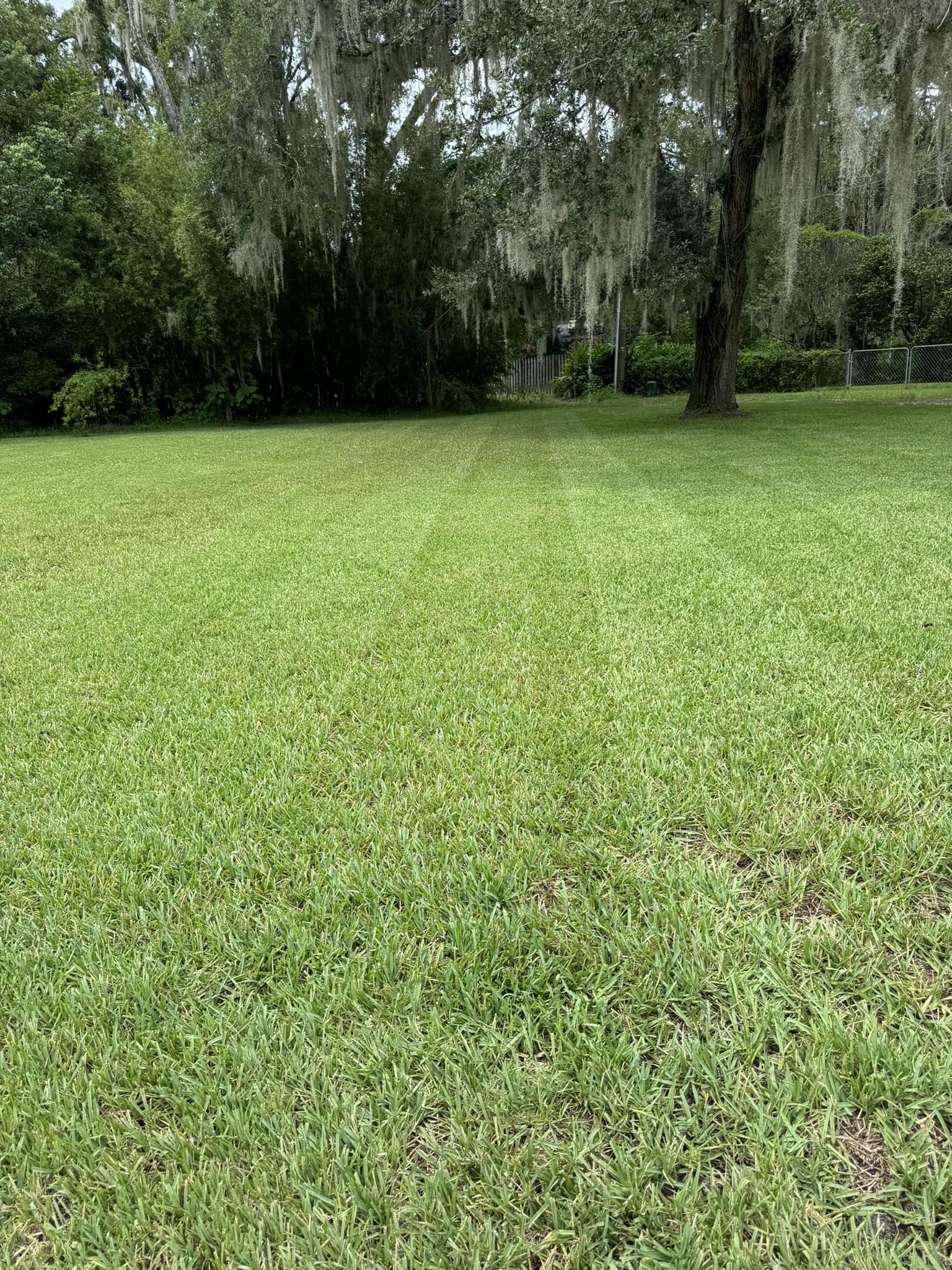
Harnessing Nature: Sustainable Landscaping Practices for a Greener Future Sep 18, 2025
Sustainable landscaping is about designing and maintaining green spaces that contribute to the health of our environment, rather than detract from it. The journey begins by understanding your local ecosystem and climate. Knowing the native plants of your area is a key step. Native plants, accustomed to the local climate, require less water and care, significantly reducing your garden's overall water consumption. They are also more resilient to diseases and pests, which minimizes the need for harmful pesticides, therefore preserving the local biodiversity.
One of the pillars of sustainable landscaping is efficient water management. Implementing techniques like drip irrigation, rainwater harvesting, and the use of mulch can drastically reduce water waste. Mulching not only conserves moisture but also enriches the soil as it breaks down, promoting healthy plant growth. Integrating drought-tolerant plants will also decrease the necessity for excessive watering, making your lawn more sustainable and easier to maintain during dry seasons.
Choosing organic maintenance solutions is another important practice. Chemical fertilizers and pesticides may promise quick results, but they can have long-term negative impacts on the environment. Organic alternatives like compost fertilization are excellent for providing the nutrients your plants need while keeping the soil healthy. Composting also recycles waste, reducing landfill contributions and promoting sustainability. Young's Lawn Services LLC encourages clients to consider compost bins, as turning kitchen scraps and garden waste into nutrient-rich compost is both sustainable and rewarding.
Incorporating hardscaping elements such as permeable pavers and stone pathways can further enhance the sustainability of your landscape. These designs look aesthetically pleasing and help manage stormwater runoff by promoting natural groundwater recharge. Opt for sustainable materials like recycled concrete or locally sourced stones to further minimize your environmental footprint.
Encouraging wildlife to thrive in your garden is another vital component of sustainable landscaping. Birdhouses, bee hotels, and butterfly gardens create habitats that support pollinators, essential for a healthy ecosystem. They not only help in plant reproduction but also maintain plant diversity.
Finally, ongoing maintenance is crucial. A sustainable garden requires less maintenance than conventional ones, but it is still essential to keep a routine. Regular pruning, monitoring for pest patterns, and replacing annuals with perennials are part of management that ensures your landscape remains healthy and sustainable.
By adopting these sustainable landscaping practices, you not only contribute to a greener planet but also enjoy the personal benefits of reduced maintenance costs and a thriving, vibrant garden. Young's Lawn Services LLC is here to assist you in all your landscaping needs, from initial design to ongoing care with a focus on sustainability. Together, we can create outdoor spaces that are both beautiful and in harmony with nature, setting an example for future generations to cherish and follow.
As you embark on your sustainable landscaping journey, remember that every small step counts. By integrating these eco-friendly practices, you're not just crafting a greener garden; you're cultivating a better future.
/filters:no_upscale()/media/d38472fb-e535-415d-968c-f9a37c5988db.jpg)
/filters:no_upscale()/filters:format(webp)/media/c1d6c371-0cfc-4ff1-89ae-ca39ebfa2441.jpg)